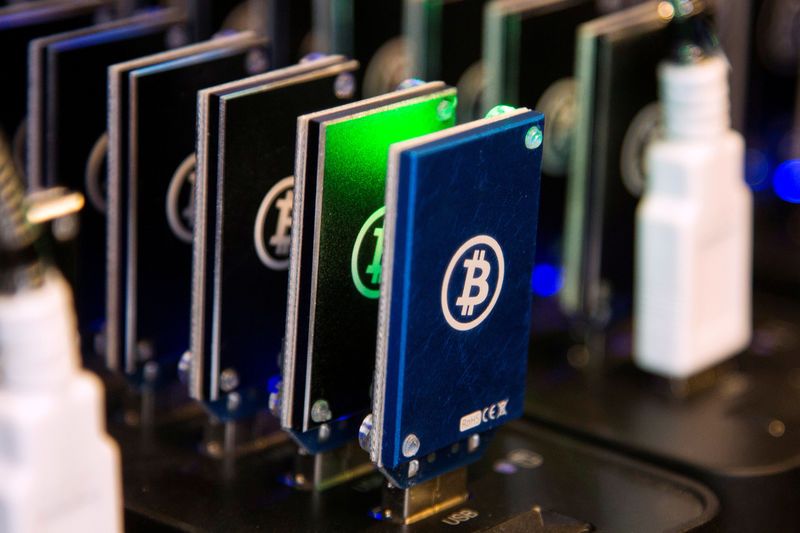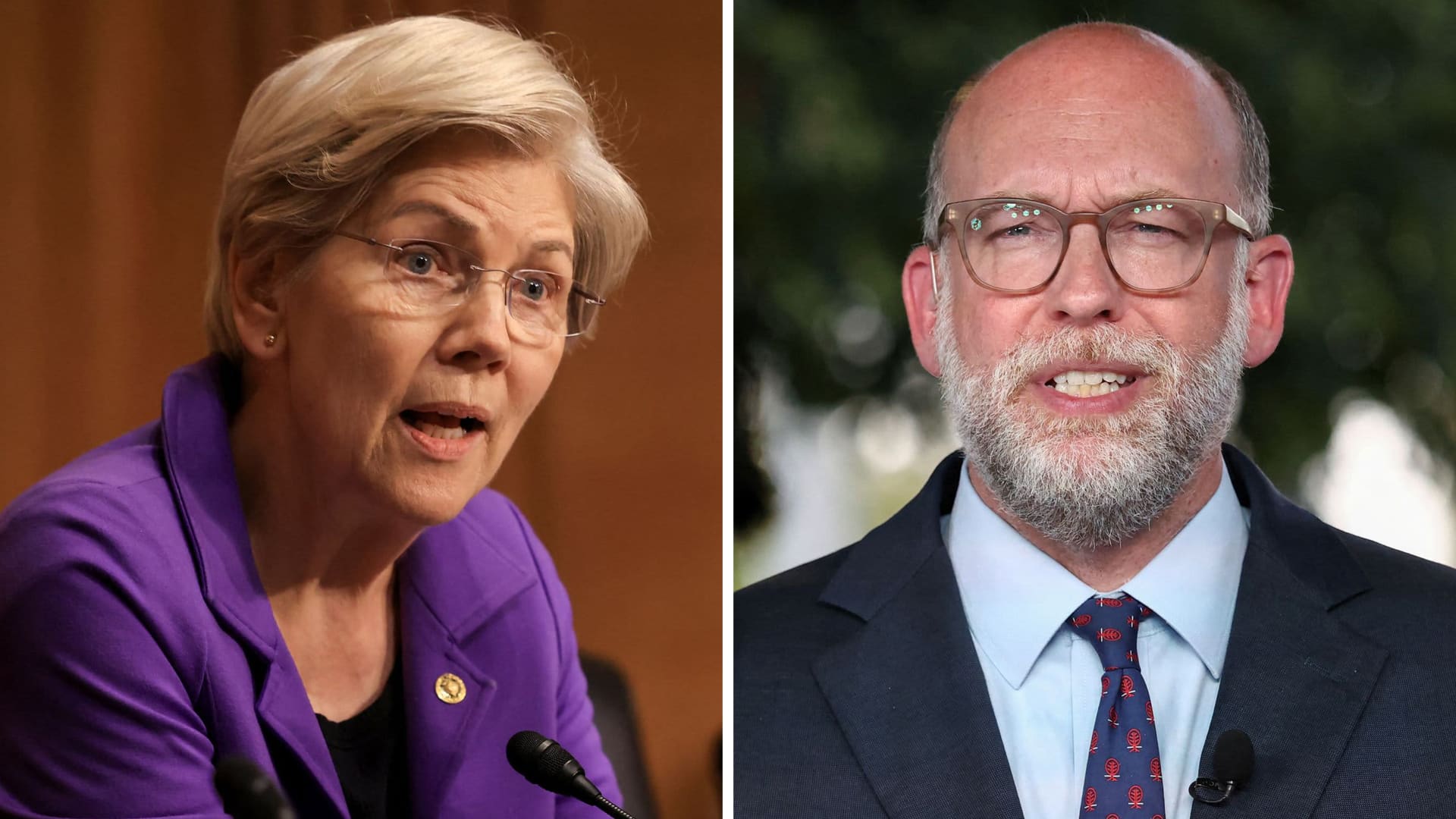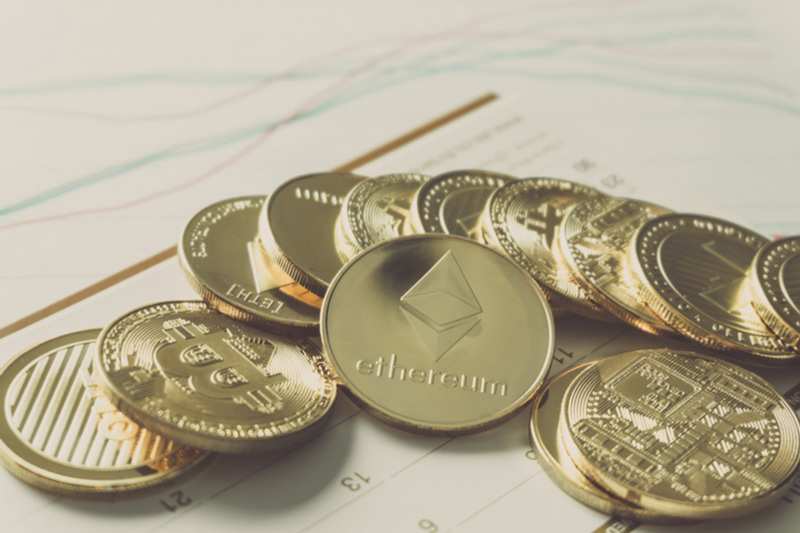U.Today – Renowned economist and cryptocurrency critic Peter Schiff has criticized Michael Saylor's recent enthusiasm for the growing adoption of Bitcoin as a strategic treasury asset by corporations.
Michael Saylor, a well-known Bitcoin advocate and president of MicroStrategy, recently shared his enthusiasm on X about the growing adoption of Bitcoin as a strategic treasury asset.
Citing a comment made by Bitcoin investor Bill Miller in a recent interview on CNBC, Saylor tweeted: “We now have more companies coming out and saying we're going to put Bitcoin on our balance sheet as a strategic treasury asset.”
Not everyone shares Saylor's enthusiasm, however. Schiff, a staunch Bitcoin critic and gold-miner, was quick to respond with his usual skepticism. In a direct tweet, Schiff argued: “Bitcoin is neither strategic nor appropriate as a treasury asset. Companies should not be playing wild with shareholder funds. They should pay dividends and let shareholders play with their own money.”
Bitcoin enthusiasts are undeterred
Schiff’s criticism, however, should not deter Bitcoin enthusiasts, who often take Schiff’s words with a grain of salt. To put things into context, Michael Saylor began buying Bitcoin in 2020 as a hedge against inflation and an alternative to cash. Saylor’s company, MicroStrategy, is among the largest public holders of Bitcoin in the world. As of June 20, it held 226,331 BTC, purchased for around $8.33 billion at an average price of $36,798.
Over the weekend, Schiff was shocked when 87% of the more than 11,000 Bitcoin holders who responded to his X survey said they would not sell any of their Bitcoins even if the price fell by more than 99% to $120. They said not only would they not sell, but they would continue to buy even when prices fell.
Schiff unexpectedly revealed that “the main attraction for investors to buy Bitcoin is its excellent past performance record.”
At the time of writing, Bitcoin was trading at $66,067, having hit all-time highs of nearly $74,000 in mid-March.
This article was originally published on U.Today










